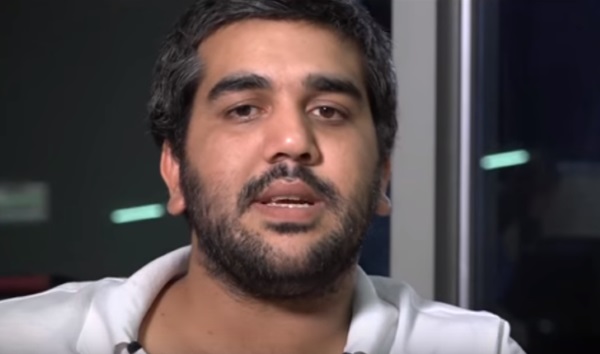At the beginning of 2017, the World Bank and the Bank of Uganda projected that Uganda’s economy will grow at 5%. This raised hope of players in the Private Sector as many acquired loans from commercial banks to invest. The economy, however, turned around in the third month growing at a slower pace than expected driven by both internal and external factors. Rajiv Ruparelia the Manager of Ruparelia Group of Companies says he invested billions of shillings in Real Estate in Uganda but the returns on his investments have been frustrating. “Real Estate Sector all along has shrunk quite a bit. If you look in Kampala, the number of transactions in the land division has gone down and reduced not just in terms of quantity or transfers but in terms of quantity of value of transactions. The high-value transactions no longer happening, low-value transactions are still happening but also reduce the amounts in which they are happening.” Said, Rajiv Ruparelia – Manager, Ruparelia Management.
The prolonged fighting in South Sudan and the elections in Kenya have as well complicated the situation. “I think the impact of South Sudan has impacted Uganda, I think the impact of Burundi where the goods go to has impacted Uganda. So all these are mitigating factors as to why our economy has, in my opinion, slowed down.” According to the Chairman of the Kampala City Traders Association Everest Kayondo says the South Sudan war has left exporters and imports in debts, some have in fact lost their products to commercial banks with no hopes of being compensated. “If the war stops or there is sanity in Southern Sudan we think it can also help but there is quick which the government can do. There is a piece of land which was earmarked along the border with Southern Sudan. If that market is developed and instead of people going to South Sudan they stop at that market which is on our side and well protected. Our brothers will not lose merchandise inside Southern Sudan.”
The year ends at a time when there uncertainty in the marketplace with many companies having to make tough decisions. Small and Medium Enterprises are not exceptional. “It has been a tough year, people have generally been poor, the purchasing power has really been low, and so the number of our members has actually crossed which is quite sad. Access to creditors has been a challenge, interest rates are really high and our people are losing their property, and we have not made such good progress on skilling.” Said, John Walugembe – ED, SMEs.
The big investors are now looking at other ventures where there are low risks. “Land is a very informal market with too many brokers in the middle, so we want to create a platform where we can go to the end user directly. We are in discussions with various companies to explore the different techie benefits we can apply to this market that we believe is adaptive to the Ugandan culture.”
Experts say unless the government intervenes, 2018 might not be different from 2017. “Let these matters which are controversial be settled in 2017 so that we enter in 2018 when the Parliament can handle the business which actually affects us as a business community.” The business community is, however, hoping that 2018 presents good opportunities for businesses to thrive.

